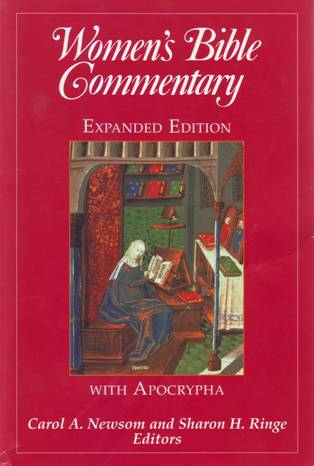More about Jael & Deborah
‘Jael is unique among the women in the Bible in her use of a weapon to slay a male adversary with her own hands, but she is also a trickster in the tradition of Rebekah, Tamar, Rahab, and Ruth.
 According to the Bible, she offers food and shelter in order to lure Sisera into her tent.
According to the Bible, she offers food and shelter in order to lure Sisera into her tent.
The ancient author known as Pseudo-Philo paints a more lurid scene in which she spikes his milk with wine and strews her bed with rose petals as a further enticement. The rabbis preserve a tradition that Jael gave him milk from her own breast and “surrendered herself to Sisera’s passion” as “the only sure means to get hold of him and kill him.” (Ginzberg, L. The Legends of the Jews, vol.4, p198)
So Jael shows herself to be “a warrior and seducer, alluring and dangerous, nurturing and bloodthirsty.”
When Sisera falls dead at Jael’s feet in the tent where he sought shelter, we are reminded of the (Levite’s) wretched concubine as she falls, dead or dying, at the door of the house where she, too, sought shelter-—and a certain rough justice is done.’
‘The Harlot by the Side of the Road’, Jonathan Kirsch, Ballantine Books, 1997, p.260
‘Jael, however, has more pressing matters to consider than an obsolete political and economic alliance between her husband and this defeated commander. Though her thoughts are never revealed, she is clearly a woman caught in the middle. The Israelites have obviously won.  They cannot be far behind Sisera, and they are unlikely to take kindly to a family that has allied itself with the enemy— especially if found to be hiding the Canaanite commander.
They cannot be far behind Sisera, and they are unlikely to take kindly to a family that has allied itself with the enemy— especially if found to be hiding the Canaanite commander.
Jael does what she has to do. She offers Sisera a seductive welcome, treats him with maternal care, and when he falls asleep assured of his safety, drives a tent peg through his mouth (raqaq=’parted lips’ often translated misleadingly as ‘temple’), severing his spinal column, leaving him to die a convulsive death.
Intercepting the approaching Israelite forces, Jael leads them to their quarry. The sight of the dead man placates the victorious army and guarantees her that she faces no peril from the men of Israel.’
Women’s Bible Commentary, Newsom & Ringe eds., John Knox Press, 1992, p.75
‘Of all the battles recorded in the Book of Judges, the one involving Deborah and Jael especially captivated Israel. The finely crafted story is filled with dramatic reversals:
- a weak-kneed Israelite military commander is roused by a woman;
- a people armed with light weapons routs an enemy that boasts iron chariots;
- and victory arises not through military prowess, but through Yahweh’s employment of cosmic forces and a woman’s wielding of common household implements. Sisera (the enemy general) escapes.
He takes refuge in the tent of Heber, a non- Israelite. Sisera expects and receives a friendly welcome in his tent.
But once Sisera falls asleep, Jael, the wife of Heber, kills him. The defeat of the Canaanites, begun on a stormy field of battle, is completed inside a modest tent.
Although the Book of Judges praises Jael for her valour, she grossly violates customs of hospitality then practiced throughout the Middle East} When hospitality had been offered and accepted, the guest acquired the right of protection at any cost. Yet Jael kills Sisera, adding insult to the defeat Sisera has already experienced, for death at the hands of a woman was considered the height of humiliation.’
(Their Stories, Our Stories, Rose Sallberg Kam, Continuum New York, 1995, p.92.)






